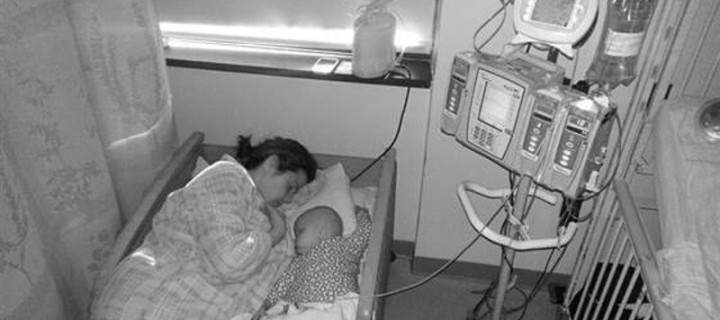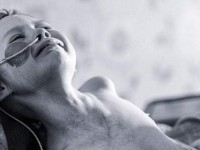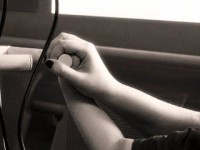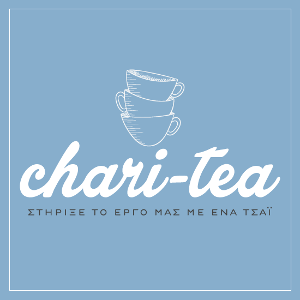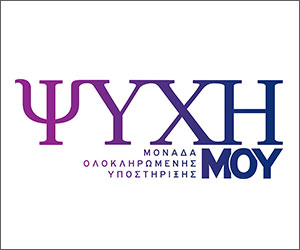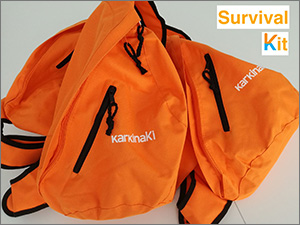Dena Sherwood didn’t see her 6-year-old daughter for a month after her infant son Billy was diagnosed with the most deadly form of childhood cancer — neuroblastoma. The 13-month-old had a massive tumor — collar-bone to belly button — wrapped around his spine and nearly died three times.
Nicole Kabel hasn’t slept in the same bed as her husband in the two years since their daughter Sally developed leukemia, because she worries her now 2-year-old might vomit and choke on her feeding tube in the night.
Ellyn Miller’s daughter Gabriella died of a virulent brain stem cancer at the age of 10. She went on to raise more than $100,000, writing a book and even getting federal legislation passed to fund more pediatric cancer research.
They are the “momcologists,” a nickname for the moms — and dads! — who know the horrific toll cancer takes on families and have dedicated their lives to helping others.
“We are every day moms all of a sudden thrown into this crazy cancer world and have to learn everything,” said Sherwood, 42, of Marlboro, New Jersey. “I probably know more than the average pediatrician about cancer.”
hese parents have raised millions to find cures, helped families cope with the blow of a new diagnosis and offered financial support for lost wages, hotels during grueling treatments and sadly, for funerals.
For some, the work lasts long beyond the diagnosis, continuing the fight after a child is cancer free and even after a child has died.
“There is no worse feeling than helplessness when you see your 3-year-old in pain: ‘Mommy, stop hurting me!’ when I help hold her down” for treatment, said Andrea Verdone Gorsegner, whose daughter Natalie, now 4, is in remission from acute lymphblastic leukemia.
n the last five months, the 37-year-old mother from Middletown, New Jersey, has raised more than $110,000 for pediatric cancer research.
“For us, advocacy becomes a means of empowerment.,” she told TODAY.
Dads are just as important and active in the fight against cancer. Single father Tom Mitchell promised his 16-year-old daughter Shayla he would be strong as she spent more than 400 nights in the hospital before dying of Hodgkins disease in 2009.
“There were so many challenges,” said Mitchell, 47, from Burke, Virginia. “As her condition deteriorated, I couldn’t work. There were a lot of holes — gas, electricity, food and rent — all on top of the devastating cancer treatment.”
Mitchell asked a local organization and they gave him $1,200 to help with expenses. “But I am a proud father,” he told TODAY. So the former amateur boxer returned to the ring to raise money. “I got knocked out the first round, but I raised $20,000 for them.”
Shayla’s death didn’t stop Mitchell. He took on a second fight and raised even more. And in a recent ultra marathon, he ran 100 miles and raised an additional $88,000. “I have a lot of energy,” he said. “There is very little I don’t do.”
fter grieving his daughter’s death, Mitchell founded StillBrave, an organization devoted to helping the families of children with cancer in the Washington, D.C. area. The group helps other families with bills, gas, house and yard work, babysitting and even birthday parties for the siblings of cancer patients.
“Our lives have been turned upside down,” said Mitchell. “We are cancer moms and dads. We hold a puke bucket in one hand and a sandwich in the other. It’s a travesty that we’re the greatest country in the world and we have to endure these things and money for funding is left to knuckleheads like me and lemonade stands.”
Childhood cancer is the number one disease killer of children in the United States, according to the National Cancer Institute, with nearly 16,000 children and adolescents diagnosed each year.
And yet, less than 4 percent of all funding at the National Cancer Institute goes to pediatric research, and that’s for all 12 major forms of the disease. Most clinical trials are for drugs to treat adults. In the last 20 years, only two major drugs have been developed for children.
“The good news is that childhood cancer is rare, but the bad news is it’s rare,” said Dr. Paul Meyers, a pediatric oncologist at Memorial Sloan Kettering Cancer Center in New York City.
“It’s hard to get people interested in studying it,” he told TODAY. “We have many exciting things that might make a difference in childhood cancers, but they were abandoned because they don’t make a profit.”
Parents are some of the most effective warriors in the battle for more funding and research. Many have stepped up and have become experts in every aspect of the disease. “Families who have lost a child to cancer raise a great deal of money and they want their voices heard,” said Meyers.
“No one understands childhood cancer the way that a parent does,” said Meyers. “The burden is so enormous. It’s astonishing how I have almost never met a parent who didn’t rise to the occasion.”
When Dena Sherwood’s baby son Billy was diagnosed in 2008, he was given a 30 percent chance of survival.
“That’s when our life changed completely,” she said. “I told my daughter I would be home for dinner then spent 32 days in the pediatric intensive care unit.”
After 10 rounds of chemotherapy, six major surgeries, 14 bouts of radiation and two phase-one clinical trials, Billy, now 7, is not cured, but cancer free. Sherwood said it was “devastating” to see the suffering of the other families she met while Billy was being treated. She paid for some funeral expenses out of her own pocket.
In 2009, Sherwood founded two nonprofits: Arms Wide Open Childhood Cancer Foundation to find alternative therapies, and The Truth 365, a social media campaign that gives a voice to all children fighting cancer. She has raised $1.5 million, enough to help about five families a month and to fund 18 clinical trials.
“Billy is cancer-free, but our family lives with the emotional effects of cancer every day,” she said. “I liken it to soldiers going to war.”
Nicole Kabel, a Brooklyn mom whose 2-year-old daughter Sally has an aggressive leukemia, said most Americans have no idea how grueling the struggle is, even after children are “cured.”
She and her husband Matt Kabel helped launch an awareness campaign to light up the Empire State Building gold for September’s Childhood Cancer Awareness month. (The Empire State Building refused, but many other landmarks joined the #GoGold campaign.) He also writes a parent blog, “Sweet Sally Sunshine.”
“I do consider myself a momcologist,” said Kabel, 36. “The doctors and nurses don’t have all the answers. Certain things can only happen through parent advocacy. There is nothing a parent won’t do for their child.”
http://www.today.com/parents/pediatric-cancer-month-meet-momcologists-2D80168555

